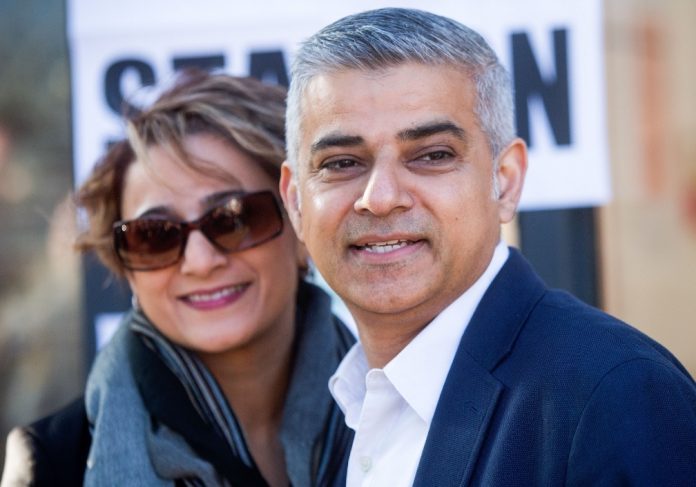
LONDON – After a bitter and bruising race, the Labour party’s Sadiq Khan looked set Friday to become London’s new mayor and make history as the first Muslim to lead a major Western capital.
The outcome would resonate far beyond a change in city hall: challenging the rise of anti-Islam political rhetoric in the West, and giving another powerful voice to Britain’s large Pakistani community at a time when the country is facing its own identity crisis.
The local elections Thursday took place just six weeks before Britons vote on whether to stay in the European Union – a question that has raised sharp political divisions over issues that include control over immigration policies.
Votes were still being counted from the “Super Thursday” races that included local elections in England; national elections in Wales, Scotland and Northern Ireland; police and crime commissioners in England and Wales; and mayoral elections in four cities, including the big prize in London.
London’s mayor wields less direct power than big city counterparts in the United States and elsewhere, but the position has gained a higher profile as a soapbox for various issues – even international affairs – under the past mayors such as the left-leaning Ken Livingstone and the incumbent conservative Boris Johnson.
The final results are not expected until later Friday, but previous opinion polls showed Khan to have a substantial lead over his main rival, the Conservative’s Zac Goldsmith.
Khan, 45, the son of a Pakistani bus driver and seamstress, who trained as a lawyer before becoming a Labour Party member of Parliament for Tooting, a south London constituency. Goldsmith, 41, is a long-time environmentalist and son of a billionaire financier. He is currently a lawmaker from Richmond in south London.
Outside of London, the Labour party suffered losses in various parts of the country that suggests they have a steep hill to climb if they are to win the next general election in 2020.
These are the first big set of elections since Jeremy Corbyn, a politician on Labour’s far left, won his party’s leadership contest last fall with massive grassroots support.
And while many Britons were voting on various regional issues, it was also the first time the wider public has had the chance to give their verdict on the Labour party under Corbyn’s leadership.
And the result? A mixed bag.
Opposition parties normally do well in local elections. In the last local elections in 2012, Labour made sweeping gains. That did not happen this time. But Labour didn’t lose as much ground in England as some pundits projected, and they remain the dominant party in the Welsh Assembly.
But they fell behind Conservatives to become the third-largest party in Scotland.
The Conservatives have spent decades in the political wilderness in Scotland, but they made gains in Scotland – long thought unthinkable – under its charismatic leader Ruth Davidson.

